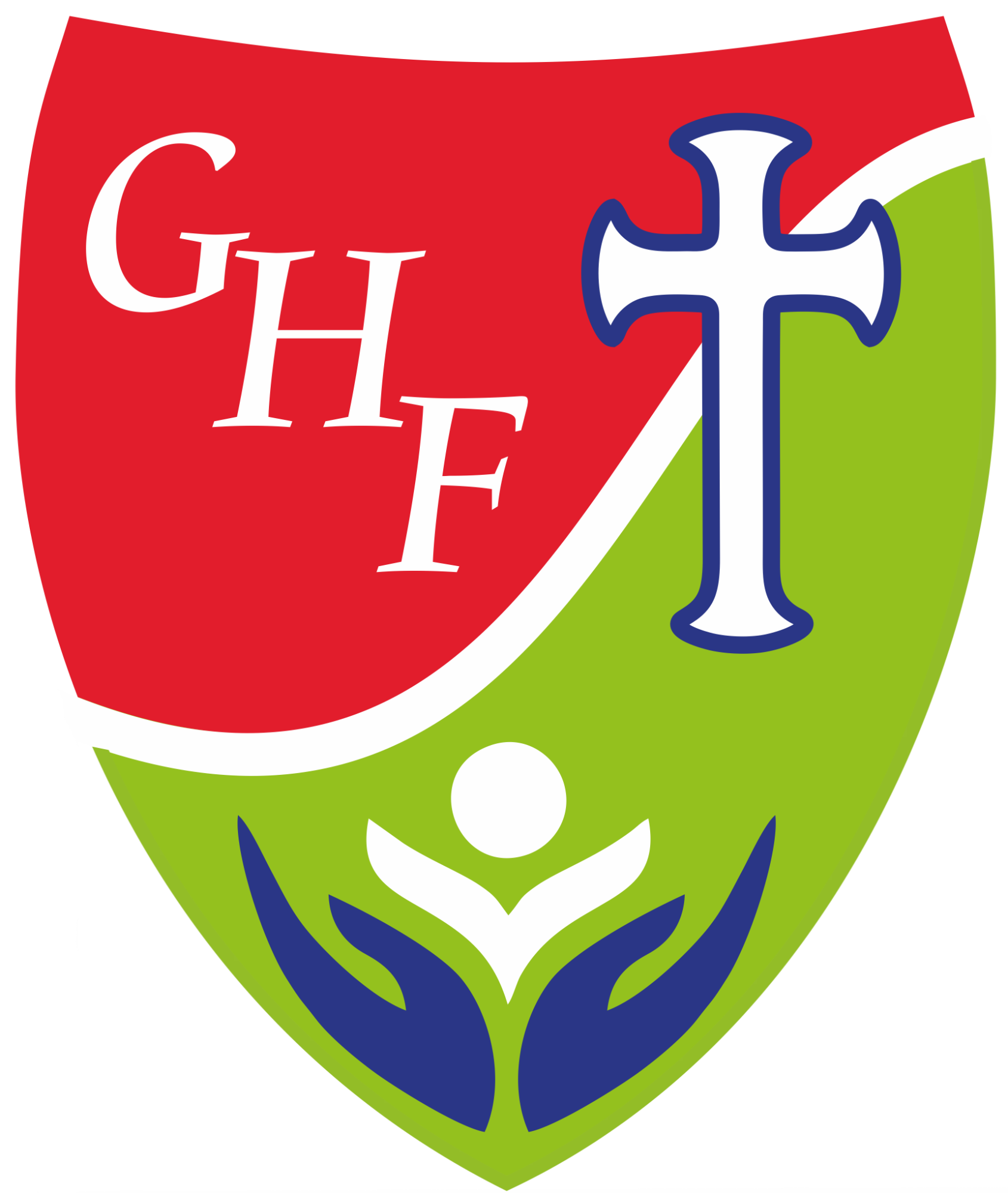Kids Who Read Succeed

Why reading is a priority at GHF and support for parents.
This September we have been on a campaign to raise the profile of reading and promote our key message ‘KIDS WHO READ SUCCEED’.
In terms of their academic learning, teaching pupils to read is our absolute priority for all pupils. This is because there is lots of research to support what all teachers know, that children who read for enjoyment everyday:
- Perform better in tests
- Develop a broader vocabulary
- Have increased general knowledge and do better across the curriculum
- Have a better understanding of different cultures.
- Are more successful in adult life.
We started the school year with a morning’s training for all staff on methods for teaching pupils to ‘decode’ texts and making sure we use the right books to help pupils practise reading. We have also looked at the importance of reading with the children in assemblies.
This term we have held open mornings and invited all new Reception parents and our Year 1 parents into school to see how we teach pupils to start reading for themselves. They enjoyed watching their child’s phonics lesson and guided reading session – of course the children enjoyed showing their parents too. We also talked to parents about the books and resources that we send home and these can be used to help their child make super progress with reading.
It is great to see that parents have really taken on board this advice as we can see a huge difference in the children’s enthusiasm and progress with their phonics in particular. Our Active Learn subscription is being used much more and it’s clear that our new Reception pupils have made flying start with their reading. As well as making sure they read more themselves, our older pupils have volunteered to help younger pupils practise during lunchtimes. It is lovely to see so many children enjoying reading together.
We will be inviting parents in for our end of day ‘Phonics Blasts’ and story time in the second half term and there will be more open mornings in the Spring term. In the meantime, we are happy to talk to parents at any time to give further advice on reading at home.
We provide the pupils with many books to get them reading – for parents’ information, here is a summary:
- All pupils select a book banded book for home reading. The colour bands are help us to organise books roughly into the level of a child’s ability at that time and in terms of age appropriateness. However, while younger children are learning phonics to ‘decode’ words, it is possible that they will not know all the words in these texts and an adult will need to read with them. Pupils make their own selection their colour band and can change these books each day.
- All pupils have access to books online using Active Learn – log in details are in their learning journals. They are allocated books in their colour book band (as above) and younger pupils will need some adult help when reading. Active Learn does have a facility that reads the book to a child if they are stuck.
- As part of our phonics teaching in Reception and Year 1 and 2, pupils will practice with phonetically decodable books. These books only include words where pupils will have been introduced to all the sounds (phonemes) and generally, pupils should be able to read these independently. These ‘Phonics Bug’ books are also allocated to pupils on Active Learn and teachers will notify parents on ClassDojo when this is the case.
- We are very lucky to have a school library packed full of interesting books. All pupils have a library membership (a card is in their learning journal) which allows them to take up to two books at once. Older pupils may read these independently but, depending on their choices, an adult will need to read these books with or to younger pupils.
- Pupils read class ‘shared texts’ everyday in school. This is where the whole class reads the same text – either they have their own copy or it is on the whiteboard. These texts are usually too tricky for the children to read without the support of the teacher.
- In the infant classes and sometimes in Key Stage 2, a group of pupils will read the same ‘guided reading book’. As with shared texts, these are read with adult support and are too tricky to be read independently.
Reading at Home - here are our 6 top tips for parents:
1. Make the time for daily reading - just 15-20 minutes a day can make a huge difference.
2. Read different types of books – enjoy stories together but also read books to find out information on topics of interest.
3. Take turns to read – children partly learn to read when they follow a text that an adult is reading.
4. Talk about the book – encourage your child to give opinions and make predictions.
5. Explain/discuss the meaning of new words – experimenting using the word helps your child to add it to their vocabulary.
6. Enjoy reading! If your child is getting distressed, end the session and talk to your child’s teacher.


